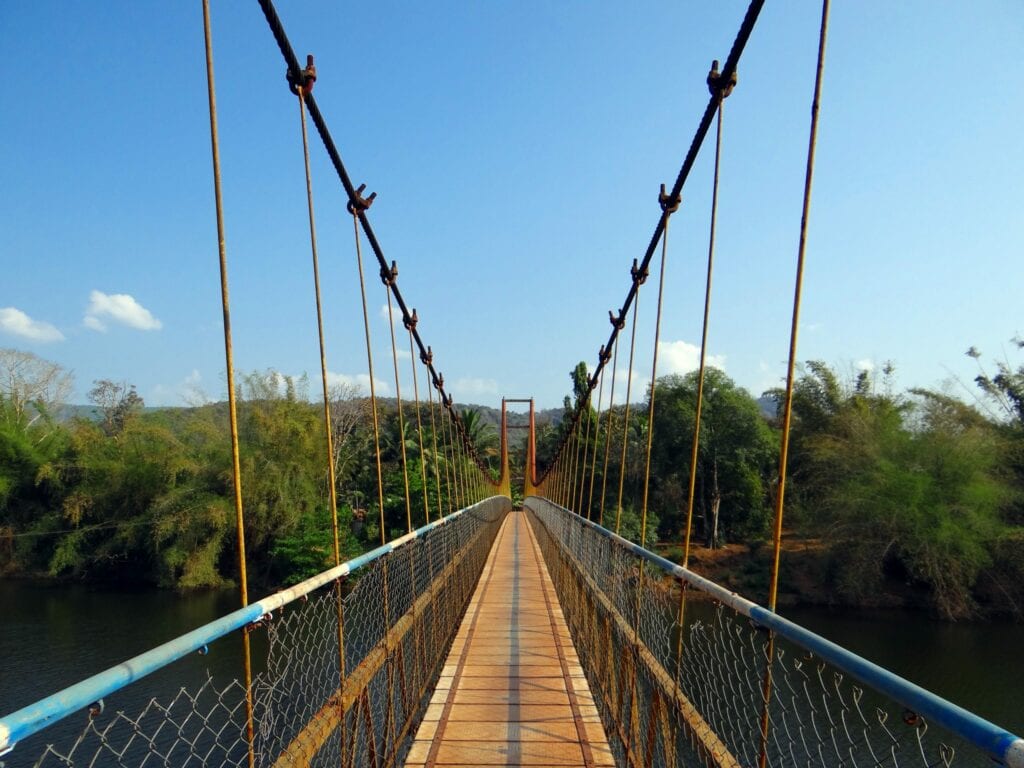4 min read
To co-create solutions for the development ecosystem, workshops, panels, and sectoral discussions are important platforms to bring together actors and share knowledge. We work in a space where challenges are vast, but solutions are niche, so having stakeholders with unique perspectives was never more crucial.
Convening platforms like these, however, require a facilitator who can lead the group towards desired objectives without imposing his or her opinion or thoughts. This reads easy but having executed numerous ‘solutions circles’, they have taught me a few valuable lessons.
- Know the who!
Familiarity with the participants and their professional backgrounds prepare a facilitator on the diversity that he/she needs to commandeer. Most participants are likely to have their professional profiles on either sites like LinkedIn or their organization’s websites. Compiling these in advance and going through them come in handy. - What’s my objective?
The desired output/s from a workshop should be crystal clear to the facilitator. Once this is clear, the facilitation process will be contextualized based on the workshop’s objective. - Change the format
Instead of sticking with traditional panel discussions, create a format that will be the first for many. This will encourage high levels of flexibility and creativity during facilitation. This also means, though, that I would have to deviate from the standard facilitation processes while bringing discussions toward the same desired output. Nonetheless, even if the group achieves less than the desired outputs, it is okay as long as the group is still able to connect with the larger purpose and outcome of the convening. - ‘Friendly’ but not necessarily an ‘Expert’
The need to be heard is a well-established human need and as a facilitator, your ability to empathetically and attentively listen to your participants will be your biggest strength. While experts are the de facto good facilitators due to their vast knowledge and experience, that is not the only necessary ingredient. I may not be the expert in the room, and even though that may make me anxious at the beginning, I could discern what the group needed – not an expert, but a voice that brings the group together. - Keep your bias out
This is one of the hardest of lessons to learn and practice. As humans, we are bound to have varied opinions and perspectives. But as I donned the hat of a ‘facilitator’, I must keep my opinion, thoughts, and views outside of the room. The facilitator has to hold back his or her verbal reaction and maintain a neutral body language. On the other hand, any opinions by the participants, however contradictory, ought to be heard and acknowledged.
The bottom-line for any good facilitation is to engage, loop back conversations, reaffirm the points shared and continue keeping them engaged!
Catalysing Social Impact 2019 brought together a diverse group of people: experts, implementers, donors, government, philanthropists and community, to identify actionable solutions for complex societal problems. With twenty-five years of enriching experience across a myriad of social sector issues and having provided solutions ranging from Design, Evidence, Monitoring and Learning Systems, Catalyst Management Services (CMS) launched this forum to strengthen its commitment to maximize social returns and create social impact.


















